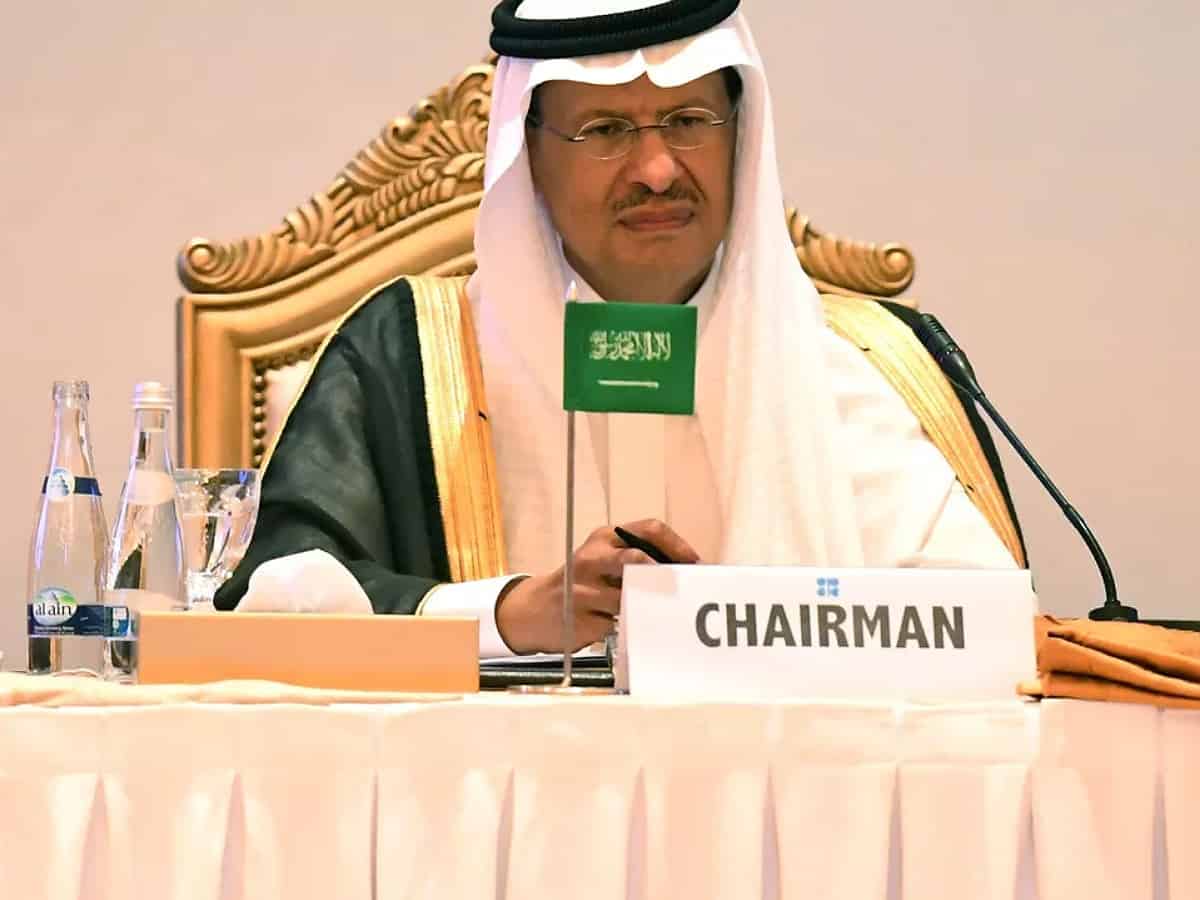
Saudi Arabia’s Minister of Energy, Prince Abdulaziz bin Salman has announced the Kingdom’s ambitious plan to increase its oil production capacity to 12.3 million barrels per day (bpd) by 2028. This significant move aims to meet the growing global demand for oil, particularly in the context of urbanisation and the energy transition, the Saudi Gazette reported.
The country’s Minister of Energy, Abdulaziz bin Salman made this announcement during a special panel discussion at the the St. Petersburg International Economic Forum in Russia. The forum was themed “The Future of the Oil and Gas Market: Global Demand Outlook and Producers’ Plans.”
The event was attended by several OPEC and non-OPEC ministers. The minister highlighted the importance of this decision, stating that the kingdom has a “huge cushion” of spare capacity to cushion the oil market in case of disruptions.
According to the reports, the plan entails increasing oil production capacity from 2025 to 2027 before returning to the current level of 12.3 million bpd. This decision is a significant shift from the previous plan to halt oil expansion and target a maximum sustained production capacity of 12 million bpd.
The Saudi government has set a target to reach net zero emissions by 2060, with Aramco focusing on net zero emissions from its operations by 2050.
Prince Abdulaziz, who also serves as the chairman of the OPEC emphasised that the kingdom’s residual capacity, which is currently at 3 million barrels per day, will be used to supply the global market. Aramco’s CEO Amin Nasser also stressed that the company is ready to increase and boost production capacity if needed. Given the current energy change, the decision is anticipated to have a major effect on the world oil market.
Responding to market reactions and media interpretations, Prince Abdulaziz criticised certain analyses for their “inaccurate depictions” of the OPEC+ strategies, citing the reports as false from influential financial institutions. He contended that these narratives distort the potency and vision of the OPEC+ initiatives.

